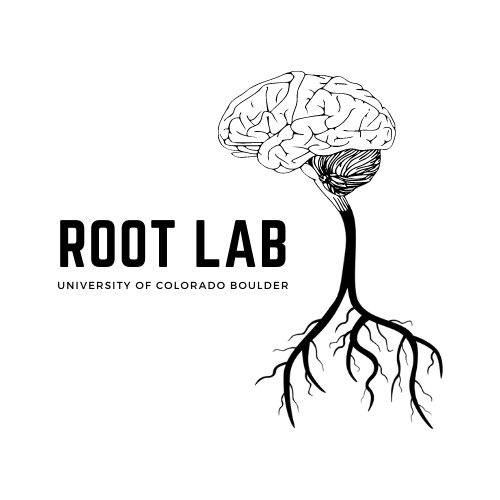Congratulations Dillon, Annie, Shane Hentges lab, Baratta lab, and team! See the new preprint here. This project is a collaboration between our lab at the Mike Baratta lab. Baratta and colleagues have worked for decades examining the neurobiology of resilience against stress. Based on our data showing that VTA glutamate neurons signal aversive events we hypothesized that VTA glutamate neurons regulate the deleterious consequences of stress.
Prior to testing that hypothesis we adapted a stressor controllability paradigm from rats to mice. We found that inescapable (uncontrollable) stress led to social deficits while physically-identical, but escapable (controllable) stress, blocked these social deficits. We then recorded the activity of VTA glutamate neurons and found that they are highly sensitive to stress but did not discriminate their activity at the population level between inescapable and escapable stress. Based on their high sensitivity to stress, we chemogenetically inhibited VTA glutamate neurons during inescapable stress. This blocked not only social deficits typically caused by inescapable stress but also enhanced fear following an additional stressor. these results indicate that VTA glutamate neurons play an important role in regulating the consequences of uncontrollable stress.

